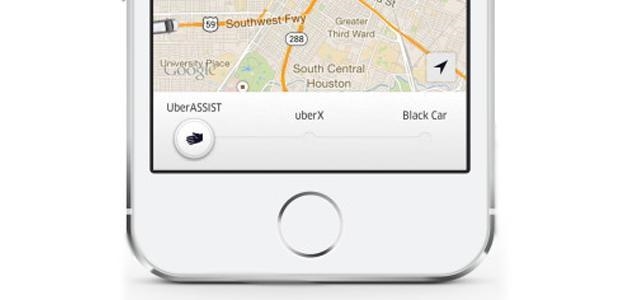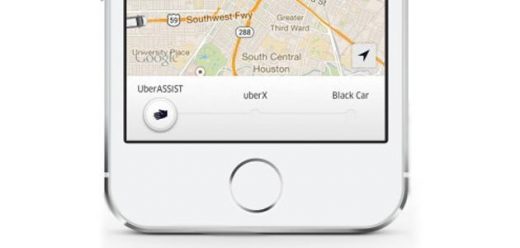DOJ sues Uber for allegedly discriminating against passengers with disabilities
Uber’s new services bring ridesharing to wheelchair users


If you rely on a wheelchair, you’ve largely been left on the sidelines of the ridesharing phenomenon. While plans have been in the works for some time, there hasn’t really been a concrete accessibility strategy. Uber is improving that state of affairs, though, by launching new programs to accommodate disabled passengers. UberAssist, which is launching in Houston today, lets you hail an UberX driver who’s trained in accessibility and can accommodate folding wheelchairs. A follow-up coming in a few weeks, UberAccess, lets you order a vehicle with a wheelchair-friendly ramp. There’s no mention of expansion to other cities so far.
The services could be important beyond just making these services more inclusive. Many wheelchair users have to rely on accessible taxis and buses to get around, either of which can be hard to find or inconvenient; San Francisco, for example, doesn’t have enough of the necessary drivers. Not that Uber has much choice but to improve its ride selection. On top of government pressure, Uber is facing ongoing lawsuits over its lack of disability support — the company ultimately needs UberAssist and UberAccess to avoid legal trouble.
(22)


